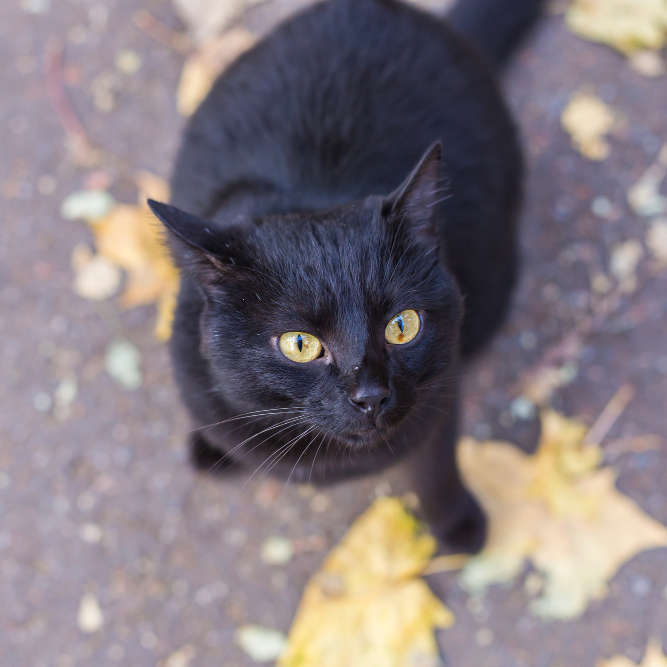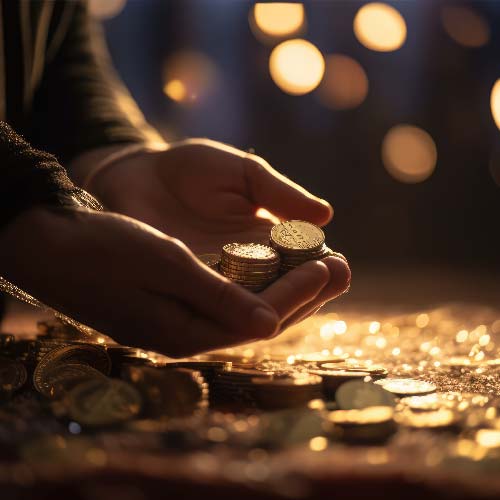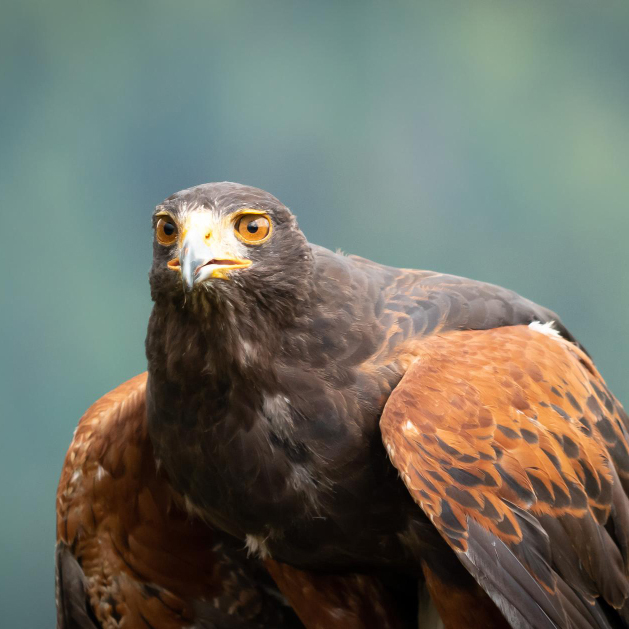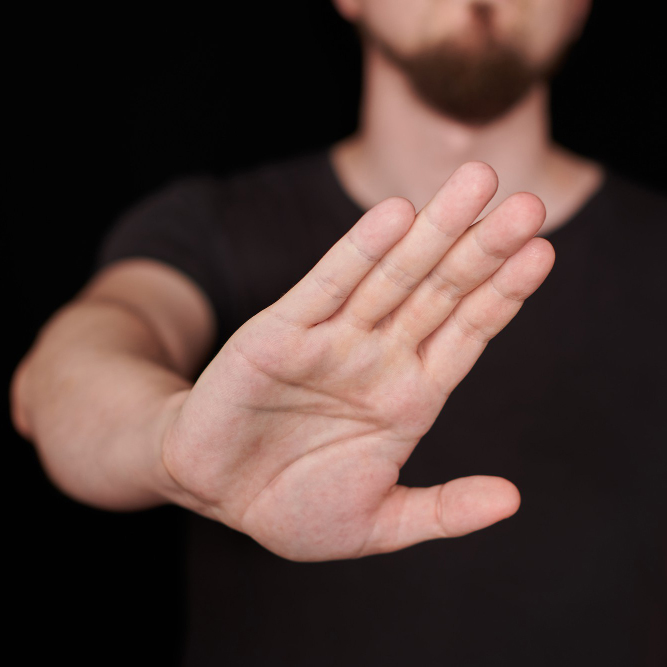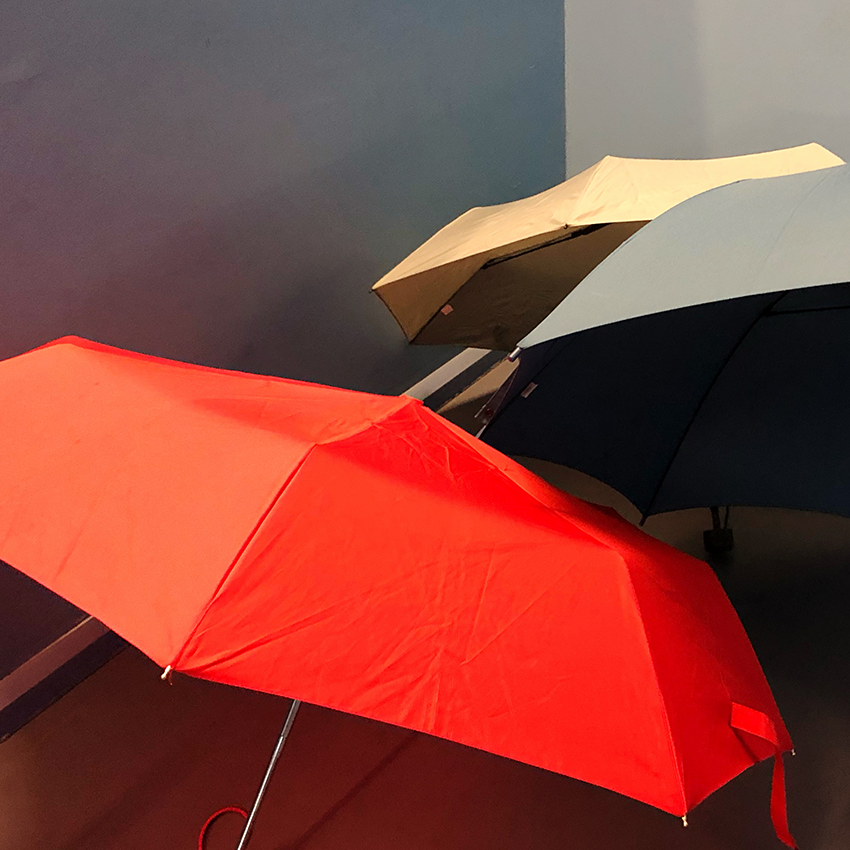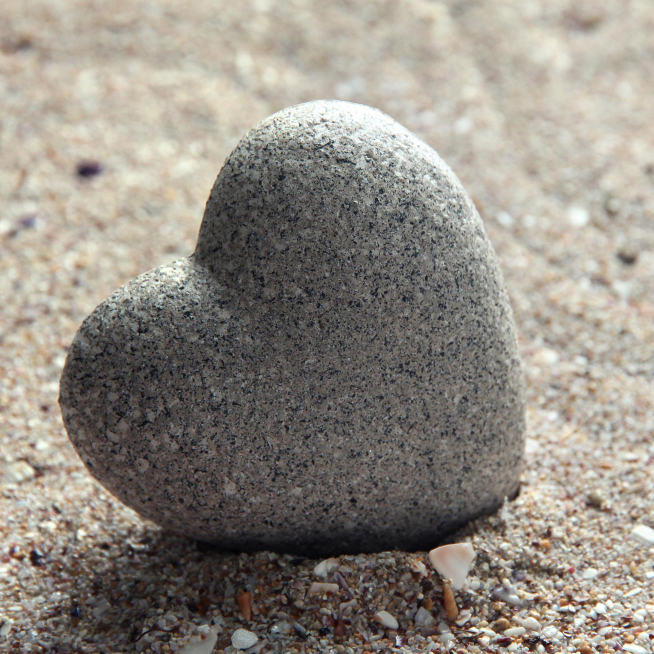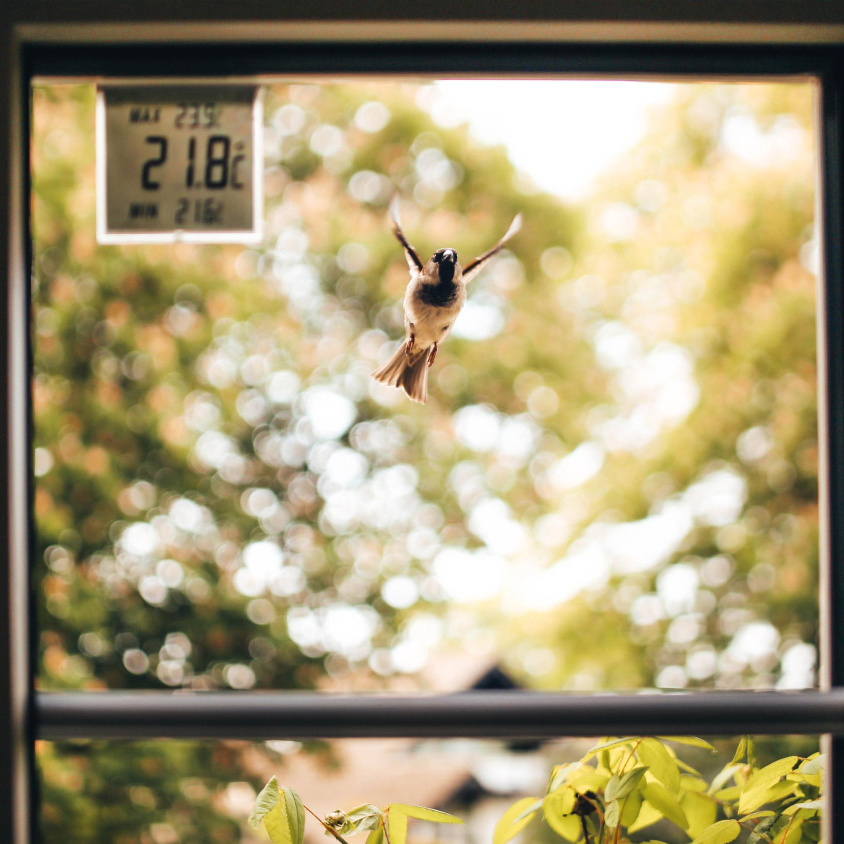Black cats have long been associated with superstition and folklore, often being regarded as symbols of bad luck. Throughout history, they have been linked to witchcraft, supernatural powers, and even the devil himself. But are black cats really as unlucky as they are portrayed? In this article, we will explore 11 common superstitions surrounding black cats and examine whether there is any truth to them. So, before you cross paths with a black feline, read on to debunk these myths and unravel the mysteries surrounding black cat superstitions.
The Origin of Black Cat Superstitions
It’s difficult to pinpoint the exact time when black cats became associated with superstitions and bad luck. But the negative black cat beliefs can be traced back to ancient Greece, where they were considered a sign of bad luck.
Black cats were associated with the underworld and death in the Early Middle Ages, and many believed that they were witches’ familiars. At the time, people thought that witches could turn into black cats and back again at will. When a black cat got close to you, it was a sign that the devil was watching you.
But in Celtic mythology, black cats are a symbol of good luck. In Scotland, this version of black cats’ association with good luck is more well-known than its bad luck superstition. The Scottish believe that a strange black cat’s arrival at your front porch is a sign of prosperity.
This dual nature of black cats has made them one of the most polarizing animals in history. They’ve been both revered and reviled by different cultures across the world at different points in history.
If you look at black cats today, you’ll notice that they are just as varied as any other kind of cat. There might be some cultural stereotypes that are perpetuated by movies or even social media, but these myths don’t hold up in real life.
Cats have been our friends for thousands of years, and it’s not about to change now just because of their fur color.
Black Cats: A Symbol of Good Luck
The most notable exception to the black cat superstition is in Japan. Black cats are a universally recognized symbol of good fortune in Japan. In fact, it is not uncommon for Japanese people to visit temples or shrines dedicated to Maneki Neko (a.k.a lucky cat symbols).
Many businesses and homeowners have their own Maneki Nekos on display at all times. These toys are believed to bring prosperity and wealth to their owners. Some also believe that it can bring safety and protection from evil spirits.
The exact origin story for Maneki Neko is up for debate, but there is a popular Japanese legend about a nobleman whose life was saved by a cat with a raised paw. In gratitude, the nobleman became friends with the temple priest who cared for the cat until its death.
Another theory about where Maneki Neko comes from is its connection to Gotokuji Temple in Tokyo. According to some accounts, one of the temple’s Buddhist priests received an anonymous gift from an unknown woman in thanks for her own life being saved from drowning. The woman had claimed that she had been brought to safety by a white cat that had beckoned her over with its paw.
Black Cats and Witchcraft
In medieval Europe, witchcraft hysteria was at an all-time high, with community members on high alert for potential witches. Unfortunately for black cats, they often found themselves directly in the crosshairs of these witch hunts.
That’s because a feline’s inability to be fully domesticated and tendency to roam at night, coupled with their superstitious reputation, quickly led townsfolk to assume anyone with a pet black cat was also secretly a witch. Upon such assumptions being made, people were known to kill the cats and sometimes their owners. After all, what self-respecting witch would enter a home without the company of her trusty familiar?
In fact, many consider the adoption of black cats by witches as the impetus behind the belief that black cats are connected to dark magic. People began to think that a witch could transform into a cat at will and move freely through communities without fear of being caught, shredding the myth that all cats have nine lives in order to explain why black cats seem to have near-magical powers.
It didn’t help that during this time, Pope Gregory IX declared that black cats–and all cats really–were unholy due in part to their color (“black was a sign of the Devil” and “cats were a symbol of liberty”). Cats in general were thought to be familiar spirits of witches and often killed on sight along with their suspected owners. And as fear continued to grow regarding the “witches’ familiar,” people started to think that witches turned themselves into black cats almost exclusively.
To this day, some people still believe that a black cat who crosses your path is actually a demon or spirit acting as an omen, rather than just an arboreal animal on its way from point A to point B.
Black Cats Crossing Your Path
No surprise, due to the history of medieval and modern European black cat superstitions, a common superstition that Americans still hold is that if a black cat crosses your path, it’s bad luck.
Ancient Celts believed that black cats crossing your path could either lead you to something good or bad. But in the 16th century, when the Catholic Church was using black cats as tools of the devil in an attempt to rid of them and their owners, these negative superstitions started to take hold. As people began to view these cats as unlucky, any sighting of one would be foreboding. But in some areas of the UK, black cats crossing your path were a sign of coming prosperity, or that you were under the influence of good magic. Farmers are especially great examples of this as they have always believed that black cats crossing their paths could bring them increased crop yields.
In other areas of Europe, like Scotland and Japan, a black cat crossing your path is actually seen as bringing positive blessings. The Scottish believe it will bring you prosperity and in Japan a lady might be lucky enough to find her future suitor if she has dreams about these beautiful animals.
So like many other superstitions, it largely depends on where you’re from and what you believe
Is it bad luck if a black cat crosses your path?
Believing this old superstition is quite silly. How many times have we encountered black cats without any noticeable changes to our luck? The truth is that there just isn’t any logical reason why a black cat crossing your path would cause anything bad to happen. It’s mostly just a bunch of hocus pocus that’s fun to imagine when it’s Halloween time.
But for those who absolutely can’t chance it on having their luck ruined by a black cat, then crossing your fingers while holding your breath will counteract the bad luck.
Locational variance
If you do happen to come face to face with a black cat and you want to steer yourself away from any potential bad luck, where you’re from can help determine if it’s really worth it to cross fingers and hold your breath.
As we mentioned previously, certain societies have more positive beliefs when it comes to black cats while others have more negative ones. Depending on where you’re from, it may not be such a bad idea to follow this superstition just in case.
Black Cats and Halloween
Black cats are associated with Halloween, too. Here’s some history behind this black cat superstition.
Celtic traditions believed the barrier between our world and the spirit world waned during Samhain. They would leave out food to appease the spirits and to keep spirits out of their homes, the Celts would dress up in costumes to avoid being recognized. Eventually, this tradition merged with All Saints Day—a Christian holiday—to become Halloween.
Some believed that during this time, good spirits could take refuge inside living bodies who were not claimed by a spirit. They thought black cats were witches’ minions in disguise and the best way to keep spirits out of living bodies was to make sure cats could not enter your home. In America, this superstition still pops up every Halloween. Many black cats are kept indoor-only on Halloween as a safety precaution as well.
Another reason black cats are associated with Halloween is because of their connection to witches. Witches were believed to be able to transform into black cats and it was thought that witches would transform into black cats and steal back their own witch books, which had been confiscated from them.
In the 17th century, the persecution of witches reached its peak, and often those accused were single women living alone with a cat (usually a black cat). In many cases, the cat was also killed along with its human companion.
In modern times, we see black cats associated with Halloween in part because of how they are marketed and used as decorations. Unfortunately, there is still an association between witchcraft and black cats today. This can lead to poor treatment of black cats or being passed over for adoption.
How You Can Help Change Black Cat Superstitions
As animal lovers who want all animals to receive love and care, it’s up to us to promote more positive black cat superstitions. By speaking up against superstitions that hurt animals, such as owning black cats will bring you bad luck and more of the like, you can help shift perceptions in a positive direction. This includes being mindful when you speak about your own black cat and educating others about where these myths come from.
If you’re ready to add a new furry family member and you notice that a shelter has a lot of black cats in its care (which is actually common), consider adopting one instead of bypassing them altogether out of superstition. Black cat adoption brings good luck in the sense that you’re giving an animal a second chance at life while opening your heart up to unconditional love from them!
Black Cats in Different Cultures
While the negative superstitions about black cats have been prevalent throughout Western cultures, it’s a different story in the East.
Let’s take a look at some of the different superstitions around black cats in other cultures and religions:
Ancient Egypt
In ancient Egypt, all cats were considered sacred, including black ones. Their color was a symbol of the heavens and the night sky.
The Egyptians revered cats and worshiped them as gods. Several accounts of people killing a black cat in ancient Egypt have led to the most severe of punishments – death.
Rome
In Rome, it was believed that owning a black cat could bring you good luck, but it could also cause harm. For instance, if you neglected to feed the cat, it might punish you by sucking your breath out of your body while you slept.
Japan
In Japan, having a black cat is considered lucky. It’s believed that they can bring love and prosperity to their owner. Black cats are often given as gifts to single women in Japan so they can find love.
The Japanese also believe that domesticated black cats are icons of good luck, offering protection from evil spirits. This is connected to the fact that some Japanese fishermen had a superstition that black cats would protect them while they were at sea.
Scotland
The Scottish believe that if a black cat visits your house, it’s a sign of prosperity on its way to you.
Ireland
The Irish believe that if a black cat crosses your path, you will have good luck. This belief is thought to be related to the country’s history with superstitions around witches and the idea of being warned by a black cat about an impending threat.
Russia
In Russia, having a black cat cross your path is seen as lucky. It’s believed that they bring good luck to those they meet. If you’re in Russia and want to improve your financial fate, acquiring a seated black cat and rubbing its tail around your face is said to increase your chances of becoming wealthy.
Famous Black Cats in History and Culture
Black cats in history and culture aren’t just symbols of bad luck. They’ve made their mark in political movements, literature, cartoons and music. Here are five famous black cats you should know about.
Nameless black cats
In the early 1400s, black cats were associated with bad luck, witches and Satan. People believed that witches could turn into black cats to summon demons.
During the Salem Witch Trials in 1692, 20 Massachusetts residents were executed for practicing witchcraft. People even executed some of the accused witches’ black cats. According to the groups behind each witch trial, Satan always appeared in the form of a black cat during their meetings.
Fast-forward 400 years to the Civil Rights Movement. Black cats now symbolize good luck in Britain thanks to a little-known group called The Animal Defense League. The group used the black cat image to demonstrate their belief that people should adopt certain symbols from the opposition to fight back. Black cats were associated with power, so it was a natural choice for The Animal Defense League to adopt them as their mascot.
ACLU (pronounced ay-kloo) stands for the American Civil Liberties Union. Their official mascot is the bobcat. The bobcat was chosen as their mascot because of its fierce reputation. The above image shows an ACLU member wearing a white bobcat mask at a protest over racial violence.
Salem
One of the most famous feline celebrities is Salem from the TV show Sabrina the Teenage Witch. The cat is not only famous for his role on the show but also for being one of the most popular pets on TV. In one episode, Salem admits that there are enough cats out there from which to choose a new familiar—some of them even black.
Dr. Evil’s pet
The Turkish Van Cat named Mr. Bigglesworth from Austin Powers is easily one of the most iconic black cats in film. In fact, Dr. Evil often threatens to harm other people, but he always stops short when it comes to wanting to harm Mr.Biggleworth.
Black panther
The Black Panther comic book series consisting of T’Challa (The Black Panther), Ororo Munroe (The Storm) and its villain Erik Killmonger is one of the most successful comic book series produced by Marvel Comics.
Black cat art and music
Black cats are also associated with high fashion and beauty. In 2012, makeup artist Pat McGrath’s muse was her own British Short Hair’s black cat, Valentino.
Artists and designers have also drawn inspiration from black cats to create their own art or work on cat-centric collections.
Black Cat Myths and Misconceptions
Black cat’s superstitions are a result of their history and how they are portrayed in movies, folklore and stories. The myths surrounding black cats relate to their perceived bad luck and association with witches.
Even today, black cats are believed to bring bad luck in some parts of the world. In the United States, black cats are considered bad omens and there are some people who still believe that they are associated with witches.
Here are some other myths and misconceptions surrounding black cats:
Black cats have a low adoption rate
It’s a common myth that people overlook black cats when looking to adopt a pet, due to their reputation as bad omens. Due to this belief, black cats are adopted less frequently than other cats.
According to our 2021 pet adoption survey, 14% of cat owners and 15% of dog owners said that they actively avoid adopting or buying a pet with “superstitious coloring.”
The good news is that people are slowly changing their views on black cat adoptions. 19% of cat owners and 17% of dog owners say that they would consider adopting a pet with superstitious coloring.
Black cats have supernatural abilities
A common Halloween superstition about black cats is that they have supernatural abilities and can see or talk to ghosts. Some people also believe that black cats can shapeshift and turn into humans.
Feral black cats bring good luck
The belief that feral black cats bring good luck is the result of an ancient Irish custom. According to the legend, the presence of a feral black cat brings positive energy and prosperity to the lives of its adopters.
A black cat crossing your path is an omen
This is one of the most common black cat superstitions in America. The belief dates back to the Middle Ages when people believed that witches could shape shift into black cats. This belief resulted in them associating crossing paths with a black cat with bad luck.
The Positive Symbolism of Black Cats
After learning about the black cat superstitions and meanings attached to these animals, some people still consider these creatures to be a sign of positive energy. Whether we like it or not, many positive aspects are also linked to black cat superstitions, and cats have been historically considered as a good spiritual omen and a symbol of luck in different cultures.
1. Good Fortune
In ancient Egypt, cats were considered as a symbol of good fortune. Egyptian families would commonly raise and pet them, believing these creatures could bring good luck to their households. They were also revered in ancient Egypt because they helped control the rodent population.
That said, the people who find black cats as symbols of good luck are a minority, and most people still associate these creatures with bad luck.
2. Protection
Cats are often seen as symbols of protection. Cats have sharp claws and teeth that are essential for catching prey or for self-defense when threatened. This characteristic allows cats to protect themselves and their human companions from danger; it’s the reason why many consider having a cat in your home as protection against bad energies or diseases.
3. Strength
Cats are known for being independent animals with strong characters. They can be gentle and affectionate around their owners, but they’re also fierce predators that can fight against other animals when needed.
4. Surveillance
Black cats are often seen as symbols of comfort and protection from negative energies, evil spirits, and ghosts due to their alertness and agility. Their ability to look deep into dark corners and their natural tendency to pounce on something that strikes them as suspicious has led some people to see them more positively.
5. Mysteriousness
The sleek look, sharp eyes, and quiet movements of a black cat can make people think that these animals have some kind of supernatural powers. They have long been associated with witchcraft in various cultures; this is due to their mysterious nature that makes them seem like physical manifestations of magic or darkness.
6. Femininity
In certain cultures, black cats are seen as symbols of femininity and the power associated with it; in ancient Egypt, for example, they were linked to the motherly nature of the goddess Bastet. For this reason, female witches are often depicted with a black cat resting on her lap while she casts spells or brews potions.
While black cats have faced centuries of superstition, it is important to remember that they are just innocent creatures like any other cat. They deserve love and care, not fear and mistreatment. By eradicating these unfounded superstitions, we can promote a more inclusive and compassionate society for all living beings. Next time you come across a black cat, embrace their beauty and uniqueness, rather than fearing them. Remember, luck is what we make of it, and crossing paths with a black cat might just bring you good fortune!
